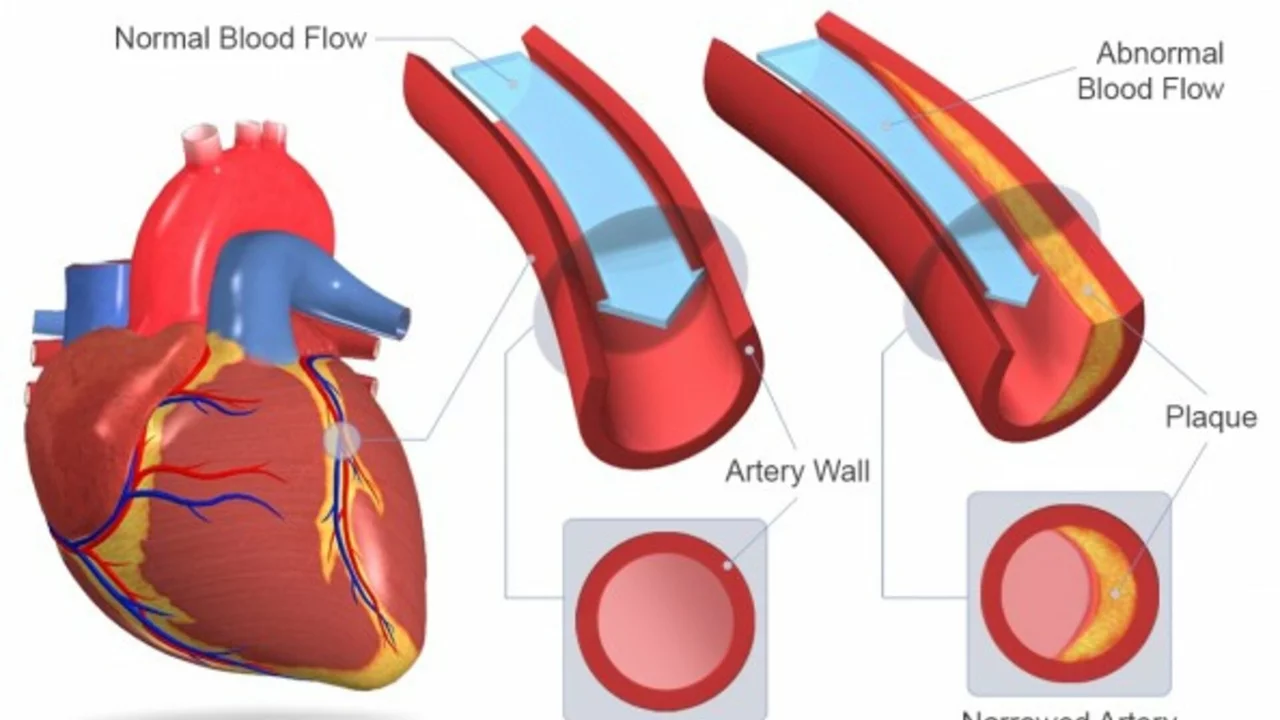Isosorbide Dinitrate: Everything You Need to Know for Safe and Effective Use
Isosorbide dinitrate shows up in plenty of heart medicine cabinets, and there’s a real reason for that—it works to help manage chest pain (angina) and certain heart conditions. If you or someone you care about takes this medication, you probably want the facts and not the fluff. Here’s what matters most if you’re thinking about starting isosorbide dinitrate or want to use it right.
This medication is a nitrate, which means it relaxes your blood vessels so the heart doesn’t have to work so hard. The less work, the less chance you get hit with chest pain or a surprise heart episode. Most folks take it as a tablet, either daily or as needed, depending on their doctor’s advice. You might see it combined with other heart drugs, too, especially for tough cases of angina or heart failure.
So what’s the catch? Like most meds, isosorbide dinitrate has side effects. The most common one is a headache, especially when you first start it. You might also feel dizzy when getting up fast or notice your heart skipping a beat. That’s normal at first, but if these symptoms stick around or get worse, your doctor needs to know. Never change your dose or schedule without checking in with your healthcare provider—sudden stops or careless changes can backfire.
People often wonder if they can mix isosorbide dinitrate with booze, over-the-counter pills, or other prescription drugs. Double-check, because some combos can really drop your blood pressure or mess with how your heart feels. And if you use ED meds or anything that affects blood flow, talk to your doctor first—mixing these with nitrates can be risky. Always keep a list of your meds handy for appointments and emergencies.
Isosorbide dinitrate isn’t just for seniors or people with serious heart issues. Some younger adults—especially with a family history or specific diagnoses—also use it. If cost is an issue, generic versions are often available and just as effective. Ask your pharmacy to compare prices if you’re worried about your wallet.
Taking this medicine right does more than prevent pain—it can give you peace of mind. Stick to your dosing, avoid sudden moves that could worsen dizziness, and drink plenty of water if your doctor says it’s okay. If physical activity triggers chest discomfort, your doctor might adjust your isosorbide dose or timing to match your life better.
Last tip: don’t keep concerns to yourself. Whether it’s a weird side effect, trouble picking up a refill, or feeling unsure if it’s working for you, bring it up. Good communication with your healthcare team gets you the best results. Heart meds are all about making everyday life easier and safer, not more complicated.
Isosorbide dinitrate and its effects on the coronary arteries
Alright folks, let's delve into the heart of the matter - literally! We're talking about isosorbide dinitrate, a real tongue twister and a total game-changer for our coronary arteries. It's like the secret Santa for your heart, delivering the gift of increased blood and oxygen flow. This nifty little compound helps to widen and relax the blood vessels, reducing the workload for our overworked ticker. So, if you ever felt your heart was working overtime, this might be the break it was looking for!
